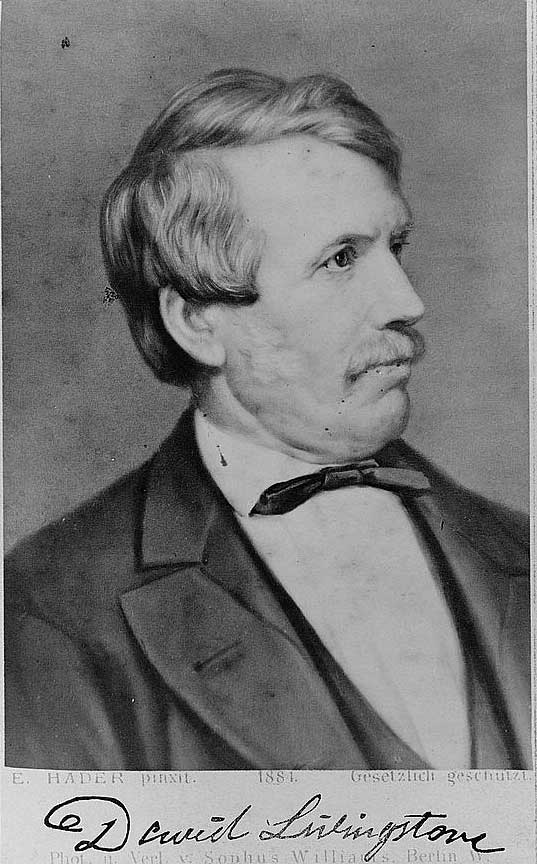
David Livingstone, a Scottish missionary and explorer, became famous for discovering Victoria Falls and exploring Africa. His expeditions, aimed at fighting the slave trade and spreading Christianity, faced challenges but brought him legendary status. Journalist Henry Stanley’s iconic “Dr. Livingstone, I presume?” cemented his fame. Livingstone died in Africa and was buried in Westminster Abbey, leaving a lasting legacy..
ADavid Livingstone, a renowned missionary and explorer, was born in Blantyre, Scotland, in 1813. Raised in a modest family, he worked in a cotton mill from a young age but pursued education with passion. His thirst for knowledge led him to study medicine and theology in England, which equipped him for his future missionary work in Africa. Initially, Livingstone joined the London Missionary Society and was sent to southern Africa in 1841. He became famous for his deep connection with Africa and its people, aiming to spread Christianity, fight the slave trade, and explore unknown regions.
In 1855, during his travels, Livingstone became the first European to witness and name Victoria Falls, on the Zambezi River, cementing his legendary status. Upon his return to England, his explorations and achievements gained him widespread fame, and he published several books detailing his experiences, including Missionary Travels and Researches in South Africa. His works brought to light the horrors of the East African slave trade, which fueled his desire to continue his expeditions.
In 1858, Livingstone secured a position as expedition leader to further explore the Zambezi River. Despite facing challenges from Portuguese colonial authorities and the rampant slave trade in the region, he carried out several successful exploratory missions between 1858 and 1863. However, the expedition itself faced mixed outcomes due to logistical issues and disease, prompting his return to England, where his reputation was tarnished somewhat by the failed mission.
Livingstone’s most legendary moment came when The New York Herald sent journalist Henry Stanley to find him after years without communication. Livingstone had returned to Africa in 1866, attempting to establish the source of the Nile and fight the slave trade. After searching for months, Stanley famously greeted him in 1871 with the line, “Dr. Livingstone, I presume?”—a phrase that has since become legendary. Livingstone, weakened but determined, continued his work in Africa.
Livingstone passed away in 1873 in what is now Zambia. His loyal African companions, Susi and Chuma, transported his body for over 1,000 miles to the coast so that it could be returned to England, where he was buried in Westminster Abbey. Livingstone’s legacy endures as a symbol of exploration, compassion, and dedication to humanitarian causes.
 >
>